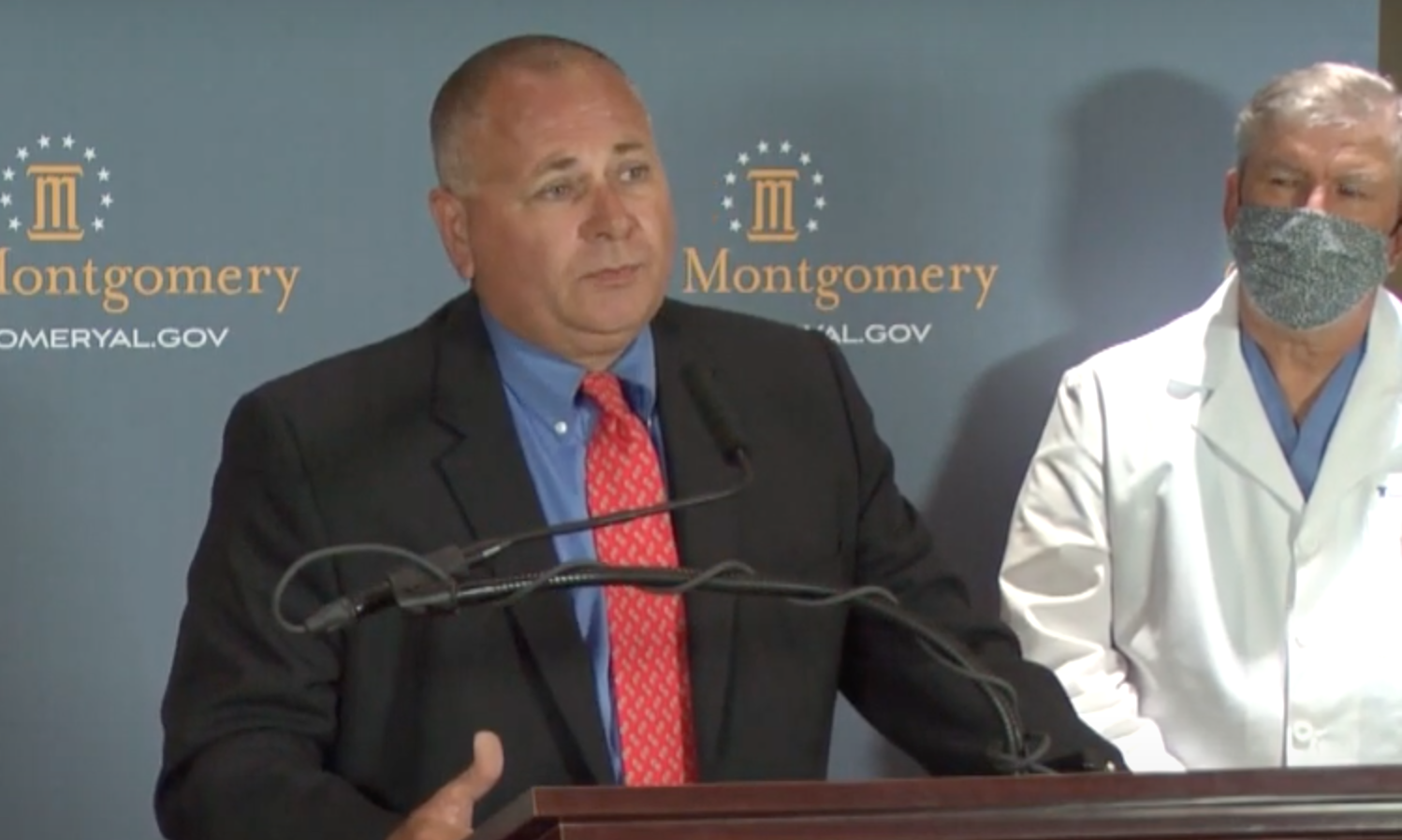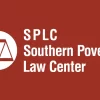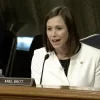It was a tough year. With COVID-19 dominating the news and altering all of our lives, it was often tough to find either the motivation or the room for decent stories. But they were there, and all of us at APR published a few of them.
With the year winding down, we each wanted to highlight the five most interesting stories we told this year. Just so they don’t slip through the cracks. Here are mine.
The Price of Doing What’s Right
Former Boaz Schools Superintendent Mark Isley did the right things. He protected school resources. He stood up to system employees who were committing fraud. He refused to look the other way when taxpayer money was being wasted. His reward: He’s been fired twice and blackballed in Alabama public education circles.
This is the story of why good people don’t stand up to corruption. Because there’s no reward, only punishment, in doing so. Everyone who has ever worked with Isley describes him as a good, caring man who is devoted to public education and doing what’s right, yet the state department of education has stood idly by and allowed him to be railroaded twice by good ol’ boys protecting their own.
The World Will Miss Rev. Graetz
Several years ago, when reporting on the 50th anniversary of the Selma-to-Montgomery March, I met Rev. Robert Graetz and his wife Jeannie. They quickly became two of my favorite people on the planet, and I soon discovered that they were pretty much everyone’s favorite people.
Remarkably kind and compassionate, but also fearlessly brave in their Christian pursuits, the Graetzes have changed the lives of thousands of people across America and faced down the bombs of the KKK and other racists in 1950s and 60s Montgomery. Sadly, both Rev. Bob and Jeannie passed away this year, within weeks of each other, after more than 50 years of marriage and adventure. But their legacy will live forever.
Admitting error is not a sign of weakness
Glenn Pruitt messed up. The Montgomery city councilman knew it just minutes after a council meeting in which he joined a majority vote against a mask ordinance proposed by Mayor Steven Reed.
This was in June, when the number of COVID-19 cases was spiking and government officials around the state were looking for measures to protect citizens. Pruitt, by his own admission, had fallen for the conspiracy theories and social media medical “experts.” But after that meeting, he got an earful from local doctors — the men and women who were in Montgomery’s hospitals treating people with this virus every day.
The next day, Pruitt called a press conference and did something remarkable: He admitted he was wrong. A few weeks later, Montgomery passed the mask ordinance.
The Coleman fraud story
In early 2020, Jeff Coleman seemed like a lock to be Alabama’s next congressman in District 2. He was a rich, polished business owner who had the backing of the GOP establishment and was rumored to be the favorite for Sen. Richard Shelby’s senate seat in a few years. Plus, Coleman was facing a field of underfunded and weak-polling challengers in the GOP primary.
Then, the fraud story came to light. Quoting from legal filings and other documents related to the federal case that was brought against Coleman’s moving company, APR reported that the company paid out a $5 million settlement and one employee went to prison after a massive fraud scheme was uncovered by federal investigators, who detailed a scheme in which Coleman’s company was “bumping” weights on shipments of military personnels’ possessions and charging the government for the artificially inflated weights.
Making matters worse, Coleman didn’t exactly handle the attention well. He refused an interview with APR and tried to blame the entire ordeal on former President Barack Obama. He lost the race.
The virtual schools investigation
When Alabama passed its virtual school law a few years ago, allowing the various school districts around the state to operate virtual schools, lawmakers envisioned a scenario in which the districts would form online schools offering quality distance learning courses and hopefully lure private school students or homeschoolers back into the public system. Instead, some districts have quickly learned that virtual schools can be a cash cow that they have to expend very little effort on, yet can reap huge benefits.
Maybe too huge. Or too personal.
Quoting numerous sources and documents, APR detailed an ongoing federal investigation into several virtual schools in the state. That investigation has already led to the resignation of one superintendent, and numerous indictments will likely drop in the first couple of months of 2021.



















































